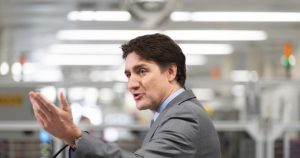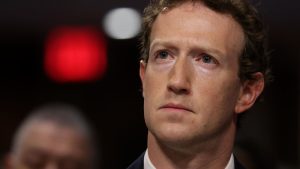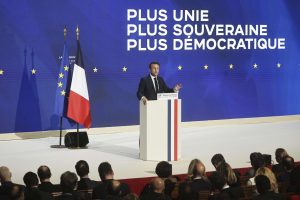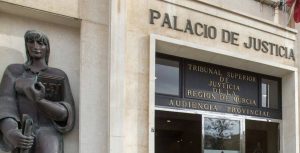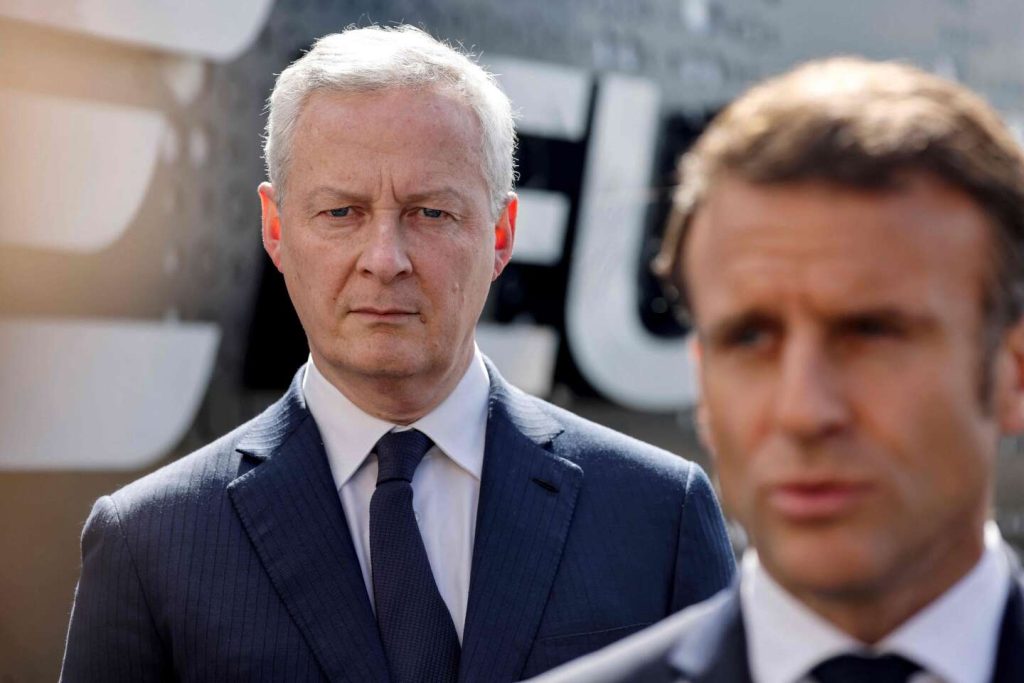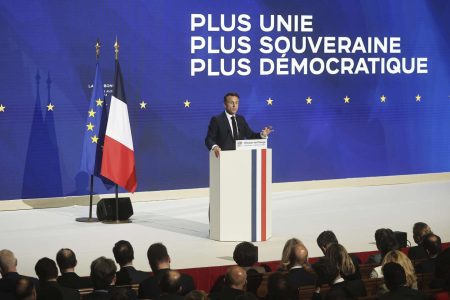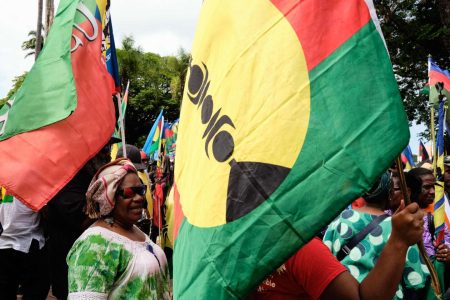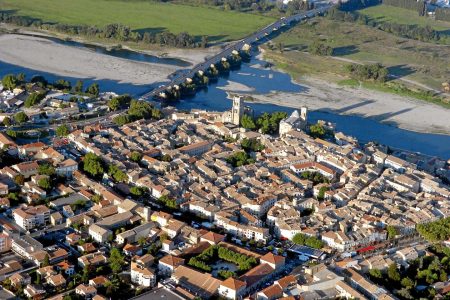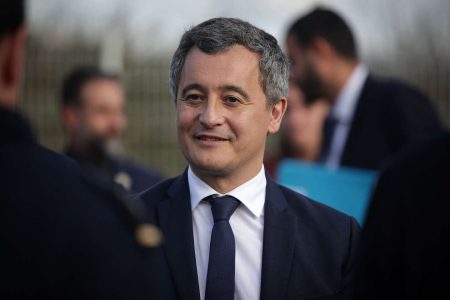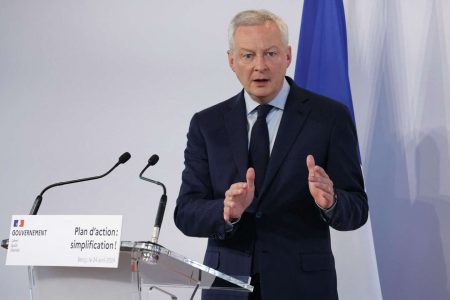The High Council of Public Finances (HCFP) publicly criticized the government’s stability program for the period 2024-2027, pointing out that it lacks credibility and coherence. The program aims to reduce the deficit to below 3% of GDP by 2027, with cuts of 10 billion euros already announced and additional savings planned in the coming years. However, due to unexpected changes in the deficit and lower growth forecasts, achieving this goal would require a massive structural adjustment relying mostly on spending cuts, according to the HCFP.
The HCFP expressed concerns about the lack of credibility of the government’s projections, citing a lack of documentation and governance structure to support the proposed budget cuts. Additionally, the council questioned the coherence of the trajectory, warning that the government’s high growth forecasts may not align with the necessary adjustments. The council also raised doubts about the government’s optimistic growth forecast for 2024, suggesting that the estimated GDP trajectory for 2024-2027 may be overestimated.
The delayed and incomplete submission of the stability program by the government received criticism from the HCFP, which argued that it did not provide sufficient information to make informed decisions given the critical state of public finances. These budgetary challenges have led to tensions within the government, especially between President Emmanuel Macron and Economy Minister Bruno Le Maire. While Le Maire advocated for the budget cuts to be included in a supplementary finance bill presented to Parliament, Macron dismissed this proposal, causing further division within the government.
Faced with budgetary constraints and a lack of absolute majority in the National Assembly, Prime Minister Gabriel Attal may have to resort to constitutional measures to pass the budget bill without a vote. Opposition parties have threatened to issue a vote of no confidence against the government if such measures are implemented, highlighting the political challenges faced by the government in managing public finances. Ultimately, despite the political tensions and budgetary constraints, a debate on public finances is scheduled for the National Assembly on April 29 without a vote.



